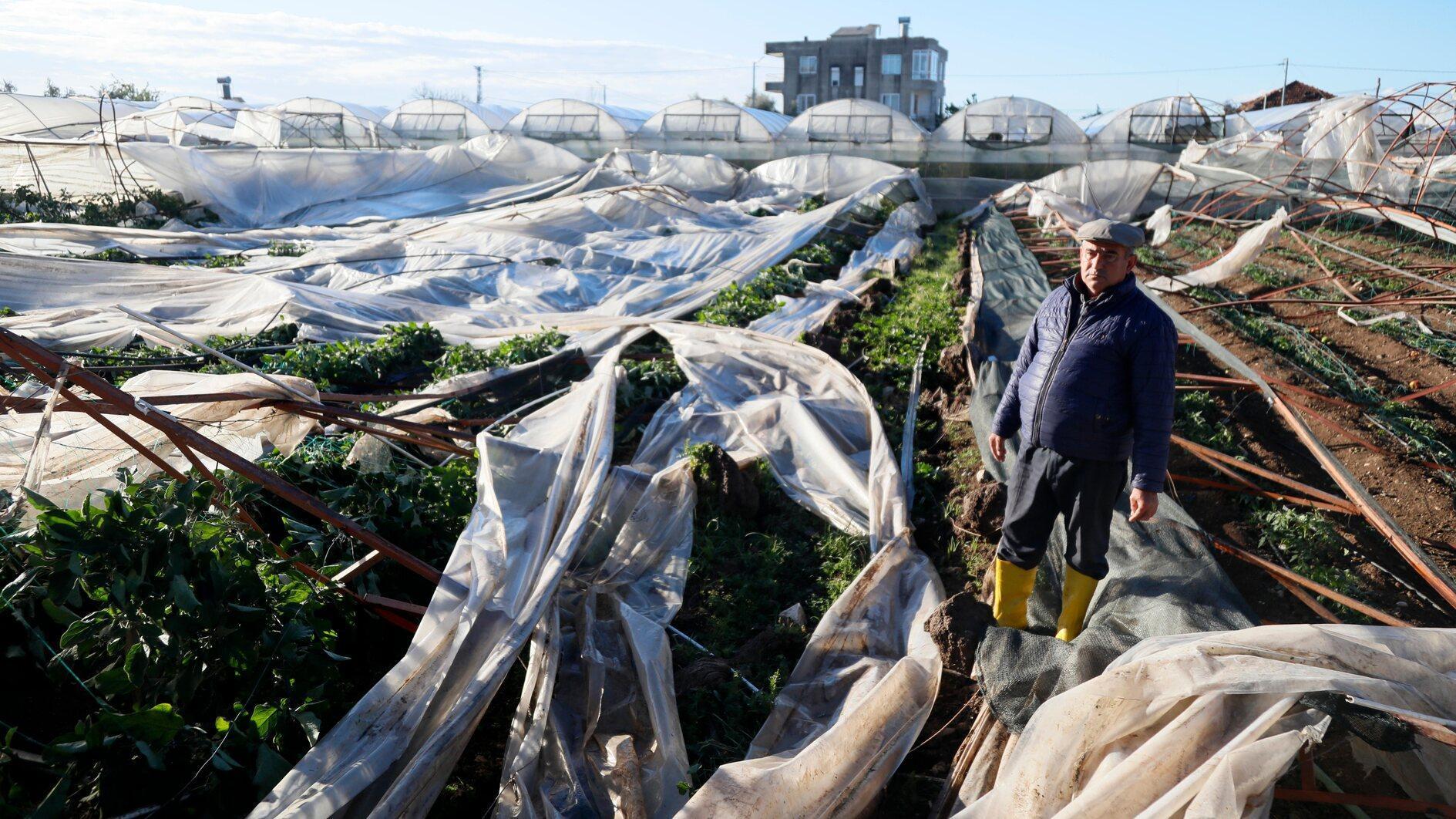1 in 3 Turkish cities grapple with climate crisis: Research
ISTANBUL

One third of Türkiye’s 81 provinces are embroiled in the formidable repercussions of the climate crisis, with the country’s northern region grappling with grave risk of floods that escalates ever year, according to research cited by daily Milliyet.
The doctoral thesis by Dr. Duygu Bütün from Amasya University's Urban and Regional Planning Department underscored that 30 cities are ensnared in either "very high" or "high" climate risk categories. Notably, Amasya and Tokat in the north, Mersin and Kahramanmaraş in the south, Kayseri in central Anatolia and Muş and Ağrı in the east are identified as the most vulnerable regions.
The research accentuated a comparable jeopardy for the northern expanse of the country, particularly during the vernal and autumnal seasons, marked by fatal meteorological calamities. Furthermore, 25 urban centers are ensconced under the specter of "high" or "very high" flood risks, with a plethora of pivotal infrastructural investments—including an airport, 11 power plants, and 273 hospitals—teetering on the precipice of inundation.
The study suggested that a substantial 40 percent of Türkiye’s provinces exhibit a heightened susceptibility to flooding. Istanbul, the country’s sprawling metropolis boasting a populace of 15 million, and the capital Ankara confront an imminent threat of scorching heatwaves.
Another facet of climate vulnerability scrutinized in the study is drought, with 30 out of 81 provinces confronting an elevated risk thereof.
Additionally, these 30 provinces host numerous species that are classified as endangered on the “red list.”
"Species already at risk may face even greater threats with the burgeoning frequency and intensity of drought events," the study warned.
The southeastern provinces of Batman and Şırnak emerge as the most vulnerable provinces to drought due to their agricultural-centric economy and high levels of unemployment and poverty rates.
‘Winter to be more unstable’
Last month was the warmest February on record globally, the ninth straight month of historic high temperatures across the planet as climate change steers the world into "uncharted territory,” Europe's climate monitor said yesterday.
Similarly, climate scientist İhsan Çiçek from Ankara University stated that temperature records have been broken almost every year worldwide since 2000.
He noted that these extreme temperatures do not imply a lack of snowfall in winter, adding that the scientists expect "unstable winter" conditions characterized by unpredictable snowfall and cold weather without a clear trend throughout the season.
Copernicus Climate Change Service (C3S) service last month said the period from February 2023 to January 2024 marked the first time Earth had endured 12 consecutive months of temperatures 1.5 degrees Celsius hotter than the pre-industrial era.
That trend has continued, it confirmed in its latest monthly update, with February being 1.77 degrees warmer than the monthly estimate for 1850-1900, the pre-industrial reference period.
















